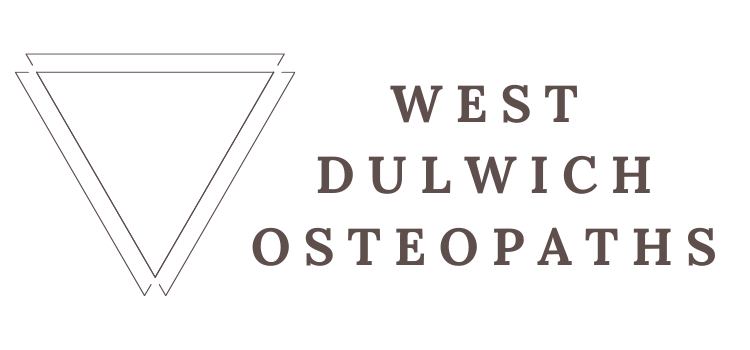Teeth-grinding, or the medical name – bruxism – is a common habit amongst hard-working and stressed Londoners. Around 10% of us do it according to the Bruxism Association, and if you’re aged 25-44 you’re especially prone.
Why is it a problem? As you can imagine the regular pressure and friction on your teeth can lead to damage to the enamel and can even cause breakages in extreme situations. What most teeth-grinders will notice first, though, is the horrible side effects! Headache, earache, mouth and jaw pain and tight, stiff shoulders are all really typical. And even if your teeth-grinding isn’t causing your neck pain as such, you can bank on it at least making it worse. We osteopaths treat neck and shoulder pain everyday in the clinic and treatment of the jaw muscles and advice about how to reduce your teeth-grinding often forms part of our approach.
What can I do about it? The overwhelmingly major cause of bruxism is stress and anxiety. If you think this could be your issue, your first port of call should be attempting to tackle the stress in your life. Simple, right?? Not that this will come as news to you but exercise and meditation can make an enormous difference to the way your body is coping with stress. Attention to a good, healthy diet and quality sleep can help with this too as it keeps your body chemistry on an even keel. Try limiting your caffeine to before lunchtime during the day and consider switching off your devices for at least two hours before bed – both of these things might help you drift off into better quality sleep rather than fighting it with an anxious mind and a restless body at night.
If you need to take it to the next level, night-guards or bite plane splints (similar to a gum shield) are helpful for breaking the habit of teeth clenching – ask your dentist about these. They’re moulded to your mouth in a bespoke way and provide a physical barrier for your teeth.
And as for symptomatic relief, you know where to come! Osteopaths like us can help by treating the overworked muscles in your jaw, neck and shoulders and take some of the feeling of tension away. We’re experts at spotting the signs of tired jaw muscles and want to help you get out of the habit and hopefully experiencing fewer headaches and less neck pain.
